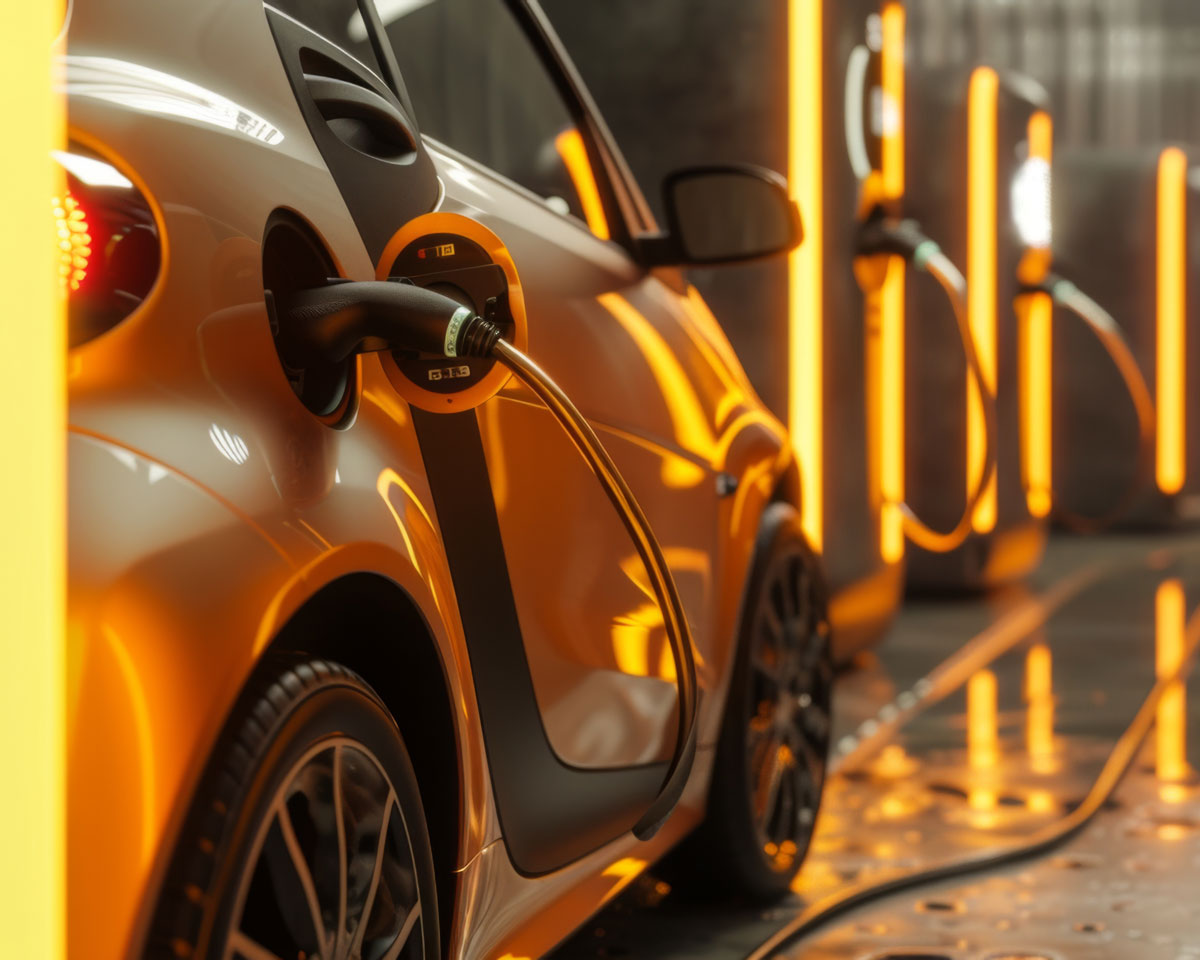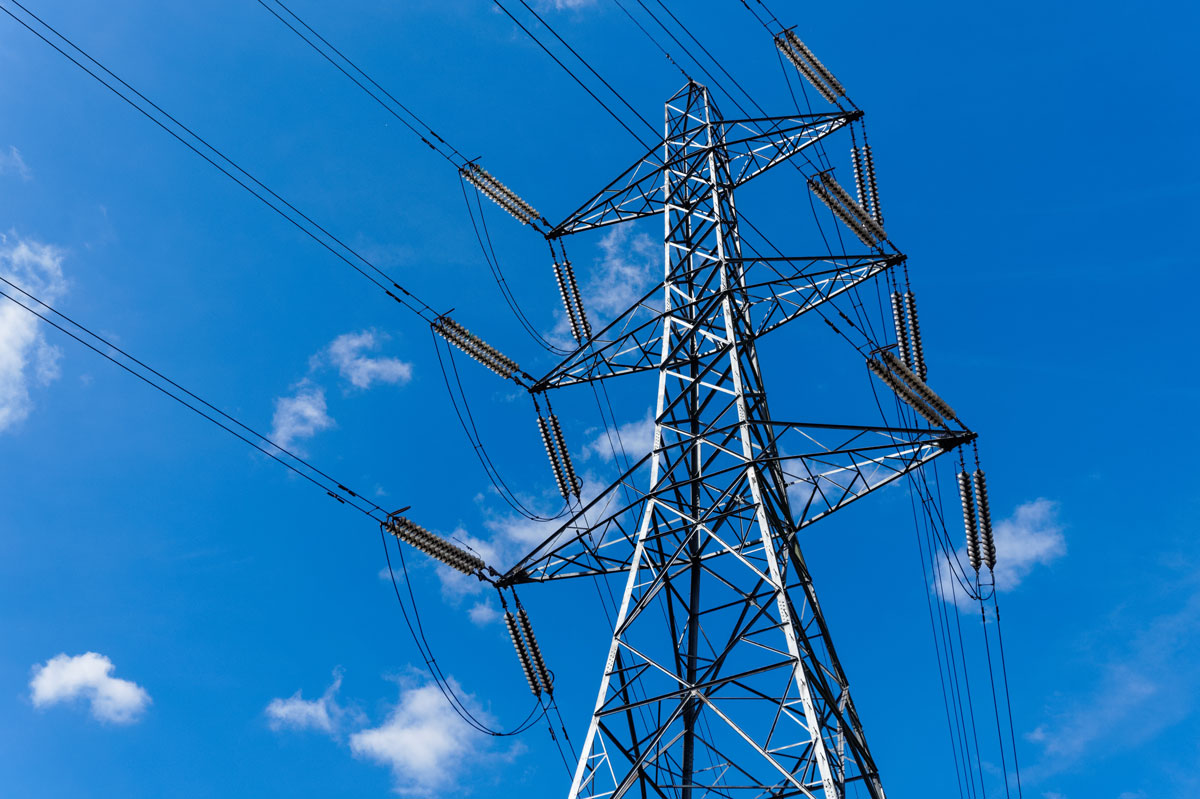In this article
Will grid deficiency obstruct electric vehicle adoption?
There was widespread reporting in the media about Rishi Sunak’s decision to roll back on the blanket ban on the manufacturing of petrol cars from 2030 to 2035 and to soften several other net zero commitments. However, is it pragmatism about the technical capability of the UK to make the transition to electric vehicles or political vote-chasing which is driving his decisions?

The shift towards electric vehicles is, at its heart, a commendable venture with numerous environmental and economic benefits. Reduced greenhouse gas emissions, lower maintenance costs, and decreased reliance on fossil fuels are just a few of the advantages. However, this transition poses an unprecedented challenge to the UK’s electrical grid, which was designed for a predominantly fossil fuel-based transportation system.
One of the main concerns voiced by critics of the move towards electrification is the grid’s ability to handle the heightened demand brought about by EVs. Without substantial upgrades and modernization, the grid’s capacity will, in its current state, fall short.
The potential for rolling blackouts is a legitimate concern. Such disruptions not only inconvenience individuals but also have farreaching economic implications. Businesses, hospitals, and essential services that rely on a stable power supply could face significant challenges.
However, it’s essential to emphasize that these concerns are not insurmountable. The UK has a history of adapting and evolving its infrastructure to meet changing needs. Investment in the electrical grid, combined with technological innovations, can help us avoid the nightmare scenario of rolling blackouts.

Despite the atmosphere of panic building around this, the industry at large remains confident in their ability to support this transition, “The engineering community is poised and ready to deliver this transformation, but we need government to provide clarity and certainty that we can work towards.” says Christopher Knibb, Director of Policy at the IET.
Furthermore, encouraging off-peak charging and the development of residential solar panels and home battery systems can help alleviate some of the grid’s stress. These initiatives can distribute the load more evenly throughout the day and reduce the reliance on the grid during peak hours.
In conclusion, while the strain on the UK’s electrical grid is a genuine concern, it should not deter us from embracing a cleaner and more sustainable future. With the right investments, technological advancements, and a commitment to smart energy management, the UK can successfully power the electric vehicle revolution without facing blackouts.
For more information, get in touch with your local ERIKS Service Centre who will be happy to discuss your options.
#ERIKS #LetsMakeIndustryWorkBetter #Debate #ElectricVehicles #GovermentPolicy

